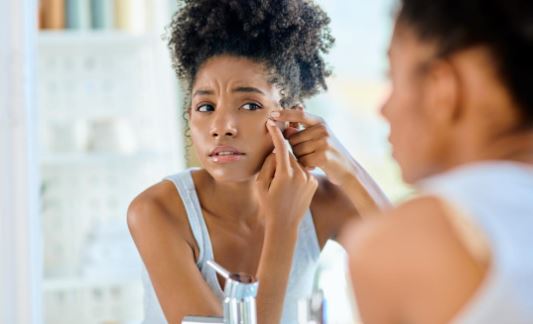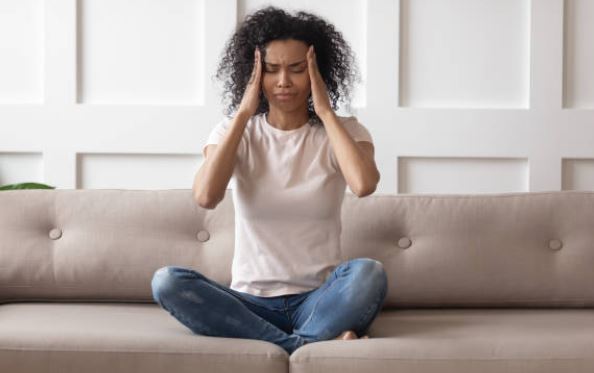Lifestyle
6 warning signs of hormonal imbalance in women

Hormones have great impact on women’s health. The women’s reproductive health is influenced mainly by two well know female sex hormones estrogen and progesterone.
In women, female hormones are important components of reproduction, sexuality, overall health and well-being.
When the level of hormones fluctuates, it can have effect on woman’s ovulation, mood and fertility as well. So, hormonal imbalance has adverse effect on the functioning of woman’s reproductive system.
Following are some of the common signs and symptoms of hormonal imbalance that most of the woman experience in their day-to-day life.
1. Vaginal dryness
The reduction of estrogen levels causes changes to the vaginal wall. This can cause vaginal dryness, which can make sex uncomfortable.
2. Breast changes
High levels of estrogen can make breasts feel tender and sore, which could lead to lumps, fibroids, and cysts. Get to know your breasts by getting into the habit of checking yourself for lumps or anything unusual.
3. Persistent acne
If you suffer from deep, cystic acne all the time, then androgens (male hormones such as testosterone) could be the culprit. Testosterone stimulates excess production of sebum (oil), which then gets trapped underneath the skin and merges with acne-causing bacteria and dead skin cells. That leads to clogged pores, pimples, and blemishes. The higher a woman’s testosterone levels, the worse the breakout.
4. Sleep disorders
Many women find it hard to fall asleep mainly just before their period. This may be due to the sharp drop in hormone progesterone just before menstruation.
5. Forgetfulness
Are you forgetting things – such as where you put your purse, or what time you’re meant to meet your friend? You could be having hormonal issues. If you’ve been experiencing a high amount of stress recently, then your body will be producing high levels of the stress hormone cortisol. Studies suggest that consistently high levels of cortisol can hamper your learning ability and memory.
6. Constant fatigue
We all have days when we’re too tired to do anything but sleep. However, if you feel exhausted every day, you could be suffering from a lack of a thyroid hormone, a condition called hypothyroidism.








